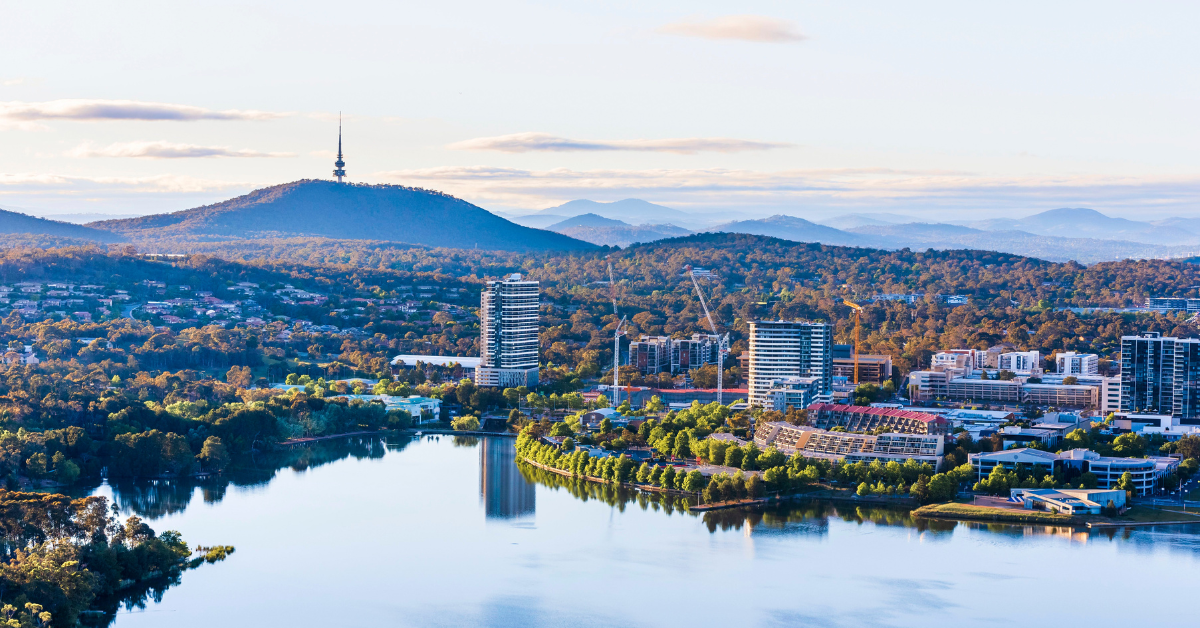Although Canberra is the capital of Australia, it has no kanji representation, and in Japanese it is written only in katakana as “キャンベラ.” This article explores the background of this notation, the image Japanese people have of the city, and its aspects in sports and culture.
The Japanese Writing of Canberra and Its Background
Canberra is only written in katakana, and there is no instance of it being represented in kanji. This stems from Japan’s linguistic tradition of transcribing foreign words phonetically. Since the modern era, city names have also been almost exclusively written in katakana.
| Country / City | Katakana | Kanji (Ateji) | Notes |
|---|---|---|---|
| Australia | オーストラリア | 濠太剌利 | Ateji derived from phonetic sound |
| Sydney | シドニー | None | Established as a tourist city |
| Melbourne | メルボルン | None | Known as a cultural city |
| Canberra | キャンベラ | None | Center of government |
Thus, Canberra has no specific kanji and is firmly established in Japanese as a katakana name.
The Image Japanese People Have of Canberra
When Japanese people think of Canberra, the first impression is often “the center of administration.” However, it also carries other distinct associations:
- A quiet and orderly cityscape
- An urban plan in harmony with nature
- The political and academic hub
- A place valued more for living than tourism
| Aspect | Japanese Perception | Characteristics |
|---|---|---|
| Tourism | Modest | Emphasis on calmness rather than glamour |
| Politics | Strong | Recognized as the home of the Federal Parliament |
| Academia | High | City with many universities and research institutes |
| Nature | Rich | Abundant parks and lakes, surrounded by greenery |
In this way, Canberra leaves an impression on Japanese people as a city of calmness and stability rather than flamboyance.
Canberra and Its Sports Culture
Canberra is not only an administrative city but also a city with a strong sports culture. Rugby and cricket in particular are deeply rooted in everyday life.
- Rugby
The Brumbies, a powerhouse in Super Rugby, are based in Canberra. On match days, the entire city comes alive. - Cricket
Canberra often hosts both domestic and international matches, reflecting its importance in Australia’s national sports scene. - Soccer and Athletics
The city also has facilities for training camps of national teams, making it a hub for international competition preparation.
| Sport | Characteristics | Community Involvement |
|---|---|---|
| Rugby | Home of the Brumbies | Supported passionately by the entire city |
| Cricket | Venue for national and international tournaments | Families attend matches together |
| Soccer | Popular among youth | Widely played in schools and clubs |
| Athletics | Used as a training base | Prepares athletes for international events |
Thus, Canberra is not just “the political capital” but also a “sports city,” giving Japanese visitors an added sense of connection.
Comparing Canberra with Other Cities
By comparing Canberra with Sydney and Melbourne, its unique character becomes even clearer.
| City | Japanese Image | Characteristics |
|---|---|---|
| Sydney | Global tourist city | Glamour of the Opera House and harbor |
| Melbourne | City of arts and culture | Café culture, international sports events |
| Brisbane | Resort gateway | Access point to the Gold Coast |
| Canberra | Quiet and orderly capital | Fusion of government, academia, nature, and sports |
From this comparison, it is evident that Canberra is positioned not as a tourist hub but as a city of life and culture.
Conclusion
Canberra has no official kanji representation and is written exclusively in katakana in Japanese. For Japanese people, Canberra is strongly associated with government and academia, while it is less recognized as a tourist city. However, its harmony with nature, its value as an academic center, and its vibrant sports culture make it a multifaceted city.
With its roles as a political center, academic hub, green city, and sports capital, Canberra is perceived by Japanese people as “a calm and steady city that also carries the vitality of its residents.”






